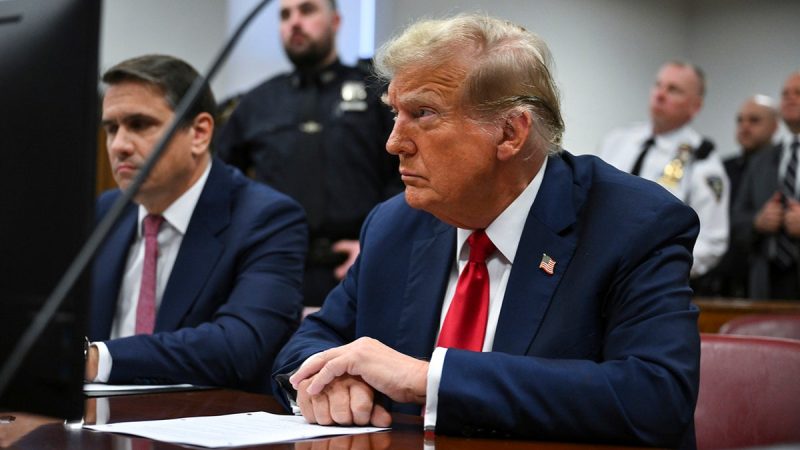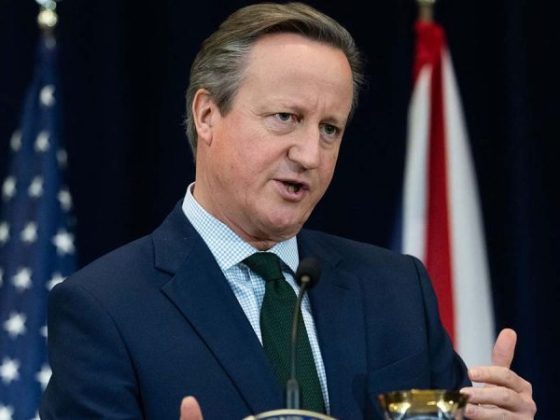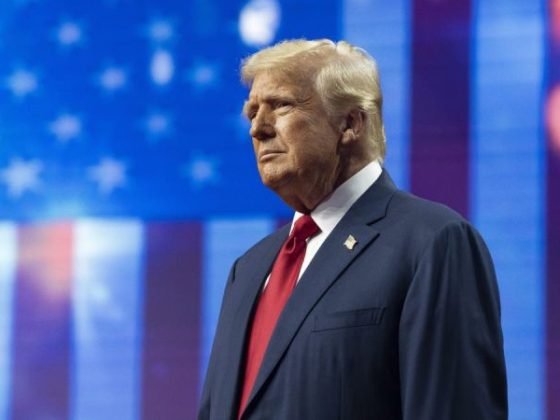The Biden administration has recently been slapped with a lawsuit regarding the deletion of certain emails, a move that could potentially have repercussions for Trump. This lawsuit, filed by a watchdog group, adds a unique twist to the unfurling drama of U.S. politics and highlights vital issues of transparency, accountability, and the power of precedent.
The lawsuit was launched by Judicial Watch, a conservative educational foundation that promotes transparency, accountability, and integrity in government, politics, and the law. They sue under the Freedom of Information Act (FOIA) in their pursuit of obtaining important governmental records. This time, their target is the Biden administration, specifically the U.S. Department of Health and Human Services (HHS). The accusation? Apparently, deleting emails that are due for release as part of a FOIA request.
This case arose after Judicial Watch submitted a FOIA request in March 2020, asking for all emails sent from the National Institute of Health’s (NIH) Dr. Anthony Fauci and his deputy, H. Clifford Lane, between January and the present. The request particularly spotlighted the terms “Corona Virus”, “Wuhan” and “Hydroxychloroquine.”
The HHS response was surprising. They claimed that they could only process 300 pages a month, meaning a full collection of emails would not be complete until November 2022. Apparently, the rationale for this comes from federal regulation. A subsequent FOIA request from Judicial Watch in regards to Fauci’s emails was answered with a puzzling conclusion — the HHS had initiated a standard procedure involving the deletion of emails 30 days after they had been processed for archiving.
Judicial Watch argues that this action is in direct contravention of precedent set by Hillary Clinton’s email scandal. Beyond the implications for the Biden administration, this case could also hold consequences for Trump. The lawsuit will examine the specific procedures and legalities of email retention and deletion within top U.S. government officials’ communications. These findings could have repercussions for similar lawsuits filed against the previous administration over transparency and access to governmental information. Former President Trump’s administration was marked by numerous similar accusations and lawsuits related to the retention and release of certain records.
In essence, this case may reset the goalposts for governmental transparency in the U.S., potentially leading to a higher standard of disclosure, which could be used retrospectively against past administrations. If the lawsuit proves successful, it could establish precedent aiding future lawsuits requesting information from past administrations — including Trump’s.
The lawsuit draws attention not only to the vital and perpetual struggle for transparency in U.S. governmental actions but also to the power of historical precedents. It stands as a reminder of a democratic society’s duty to hold its leaders accountable and ensure the fair release of information. As this lawsuit unfolds, citizens and officials alike will likely be closely watching and waiting to ascertain what this could mean for the future of U.S. politics. The outcome of this lawsuit possesses the potential to change the political landscape, influencing how transparency and accountability are approached and enforced in the years to come.











